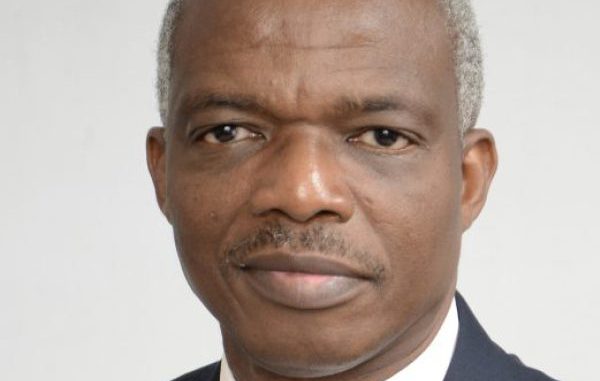
Nigeria needs to implement key reforms in order to get the economy out of the current doldrums and achieve sustainable inclusive growth, the World Bank and the Chairman of the Presidential Economic Advisory Council, Dr Doyin Salami, have said.
They said this on Tuesday at the virtual launch of the 2021 Macroeconomic Outlook of the Nigerian Economic Summit Group, a private sector-led think-tank.
At the forum, the World Bank said its estimates show that between 15 million and 20 million Nigerians will join the poverty rank by 2022.
World Bank Senior Economist, Gloria Joseph-Raji, noted that COVID-19 hit the Nigerian economy very hard as the country experienced in 2020 its deepest recession since the 1980s and the second in five years.
According to her, Nigeria needs to push forward policies that help to improve the business environment and improve the welfare of the average Nigerian.
She said, “We actually consider Nigeria right now to be at a critical junction in the sense that the achievement of its development goal of lifting 100 million people out of poverty by 2030 was already challenging even before COVID-19 struck, and then COVID-19 has made this even more challenging and more urgent.
“So, with lower growth and fewer jobs, and then coupled with high inflation, our estimates are that the number of the poor will increase by about 15 to 20 million people by 2022 from the about 83 million people in 2019. And the 2019 numbers are from the Nigeria Living Standards Survey of 2018/2019.”
Joseph-Raji noted that the authorities had risen to the occasion and had taken some bold reforms in order to respond to the crisis.
She said they had tried to adopt a market-based mechanism for petroleum pricing and adjust electricity tariffs to more cost-reflective levels in order to free up fiscal resources.
“However, more needs to be done if Nigeria really wants to make progress towards meeting its broad development goals,” she added.
According to Joseph-Raji, the key priorities for the government include adopting more transparent and credible foreign exchange allocation, mobilising tax revenues in a way that does not negatively affect investments and growth, strengthening the management of monetary policies towards the primary objective of price stability.
“The outlook is very uncertain, and there is a need for the government to prioritise certain key policy reforms if Nigeria must really turn the corner and recover and rebuild resilient and inclusive growth,” she said.
On his part, Salami stressed the need for more investments in the country so as to achieve the desired growth.
He said, “If the economy is going to grow and people are going to feel it, then it is pretty clear that output growth must not only be rapid. We really do need to find ourselves in a position where this economy is growing at about six per cent, and to move in that direction requires significant investments.”
Last year, the economy plunged into its second recession in five years amid the fallout of the COVID-19 pandemic.
Salami said merely exiting recession should not be Nigeria’s goal as the level of exit mattered more.
END

Be the first to comment